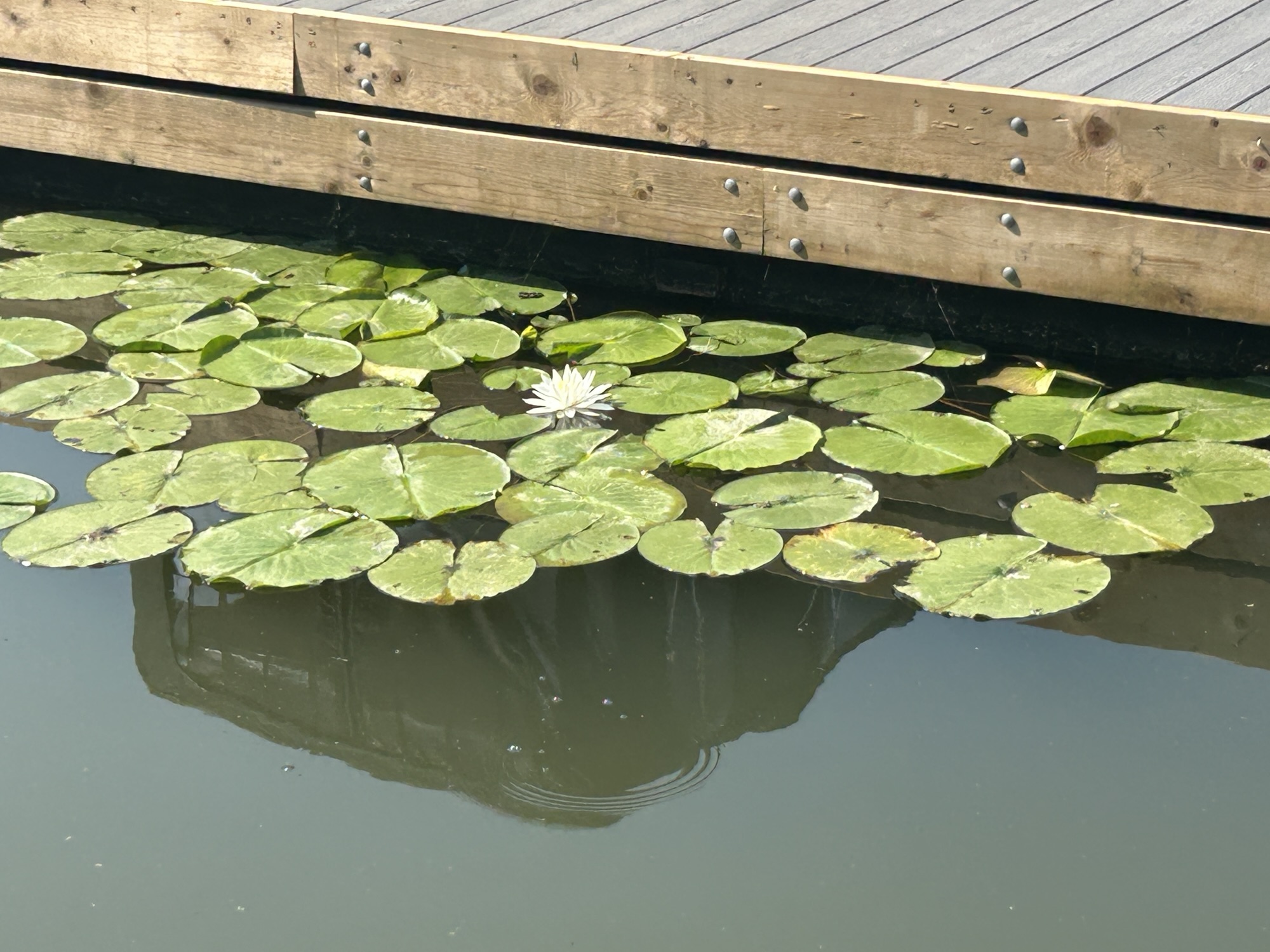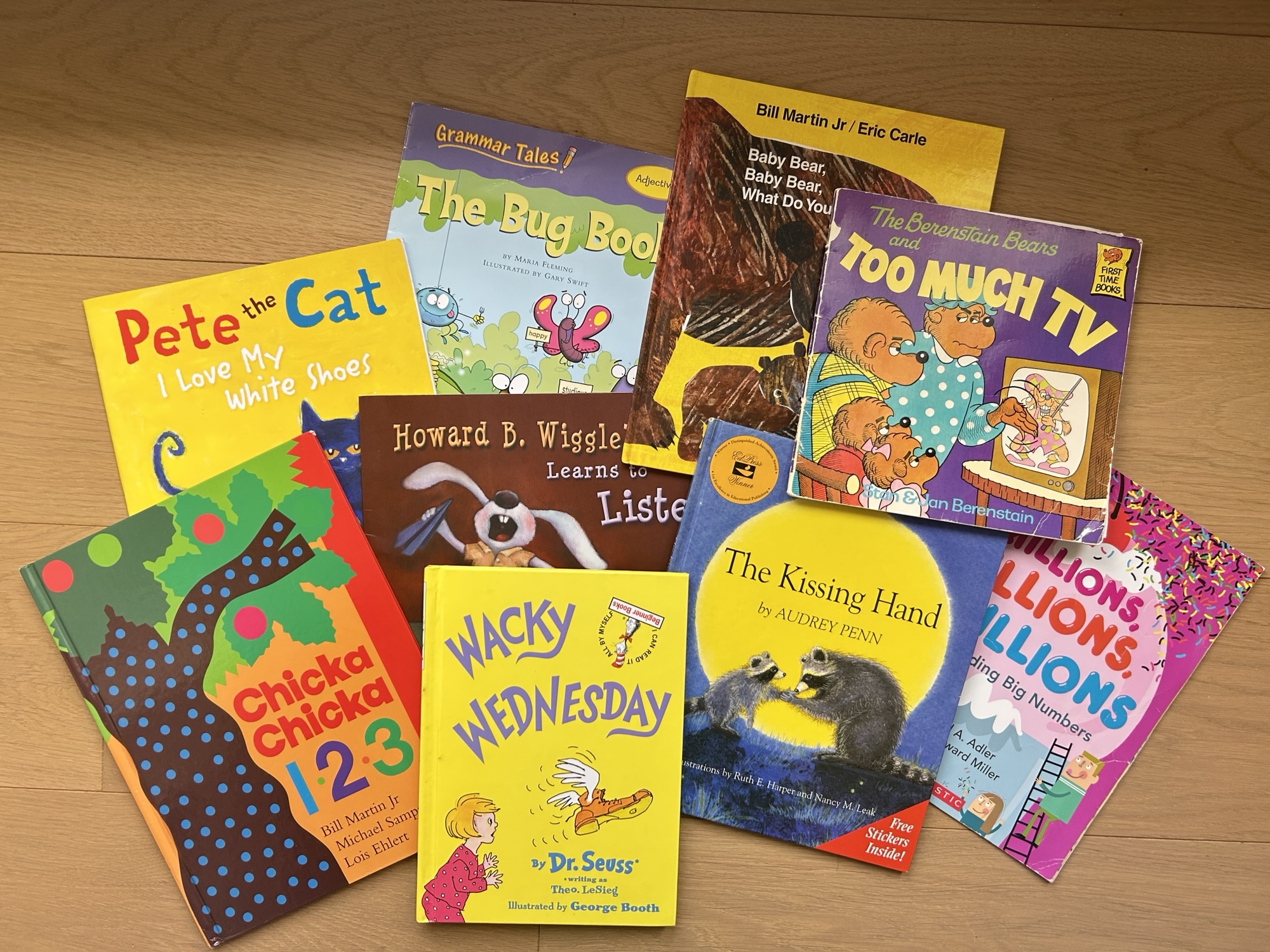Teachings I didn’t ask for, but needed.

Seventeen years ago, I became a mom for the second time, but little did I know it would change my life.
My baby boy cried a lot the first year, which is fine; my first son did that, too. The second year, he had bursts of anger and wild tantrums. I remember hugging him from behind and whispering, “Calm down.” I felt helpless; I didn’t know what to do. Closer to age three, I attended a seminar about ways to cope with behavioural problems in children. They spoke about Sensory, in which some kids react in bizarre ways to various environmental conditions. That’s when it clicked, my light bulb moment!
I rushed home from that seminar to share what I learned with my husband and what I thought was happening to our precious boy. Immediately, we addressed the triggers, and from that moment on, we knew how to parent him, and he thrived.
The lesson I learned from this was to try to control how I spoke to him. If I felt frustrated or angry, I would take a deep breath and keep calm. It took me years to master my calm serenity. All this time, I thought that as a mom, I’m the teacher, but in reality, he is. I became emotionally mature, and for that, I thank him.
There were actions my husband and I needed to take in order for my sensory son to be settled and calm.
1. We provided a sensory-friendly environment by eliminating triggering sounds. We became more understanding, and calm when he would have his moments.
2. We maintained a consistent daily routine, with early dinners and early bedtimes for predictability. breakfast, lunch, and dinner all happened at the same time creating a routine.
3. We kept our home clean and organised. By simplifying our living space, it reduced visual noise and created an environment that felt safe, soothing, and predictable.
4. We have open conversations about what it means to be “different”, and how being different is not only okay, but good! I encouraged him to explore the world, even when it feels overwhelming. And when things get hard, we are always here.
5. We enrolled him in basketball development programs to help build confidence, coordination, and social connection. I slowly exposed him to external environments, new sounds, new faces, new routines so that over time, he could become more comfortable and resilient in the world beyond our home.
Sensory kids can be challenging, especially when they are young, but when they grow up, wow, they’re amazing. Being patient with sensory kids is essential until they have grown deep enough roots to stand on their own. It’s our job to guide them through a world of textbook people.



Leave a Reply